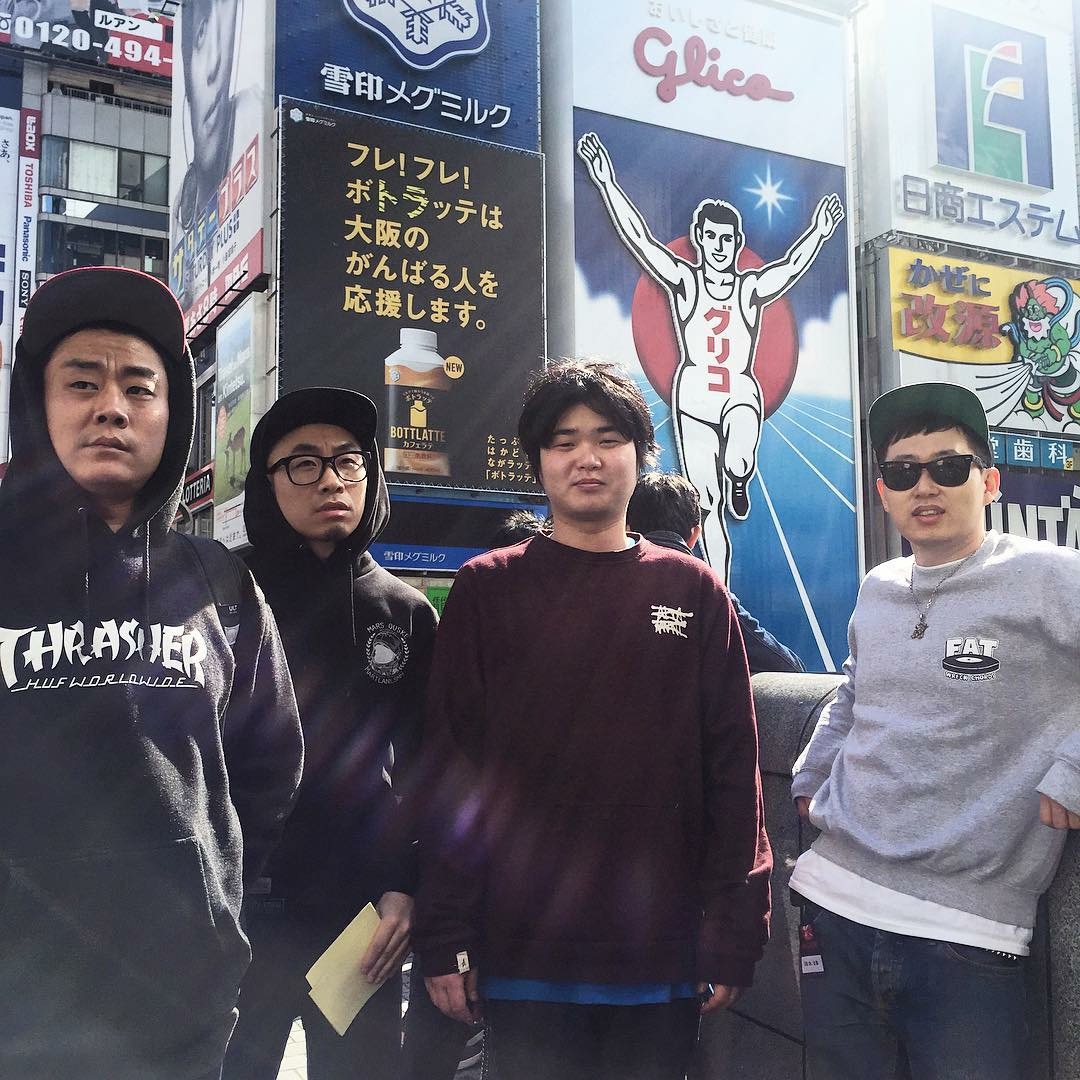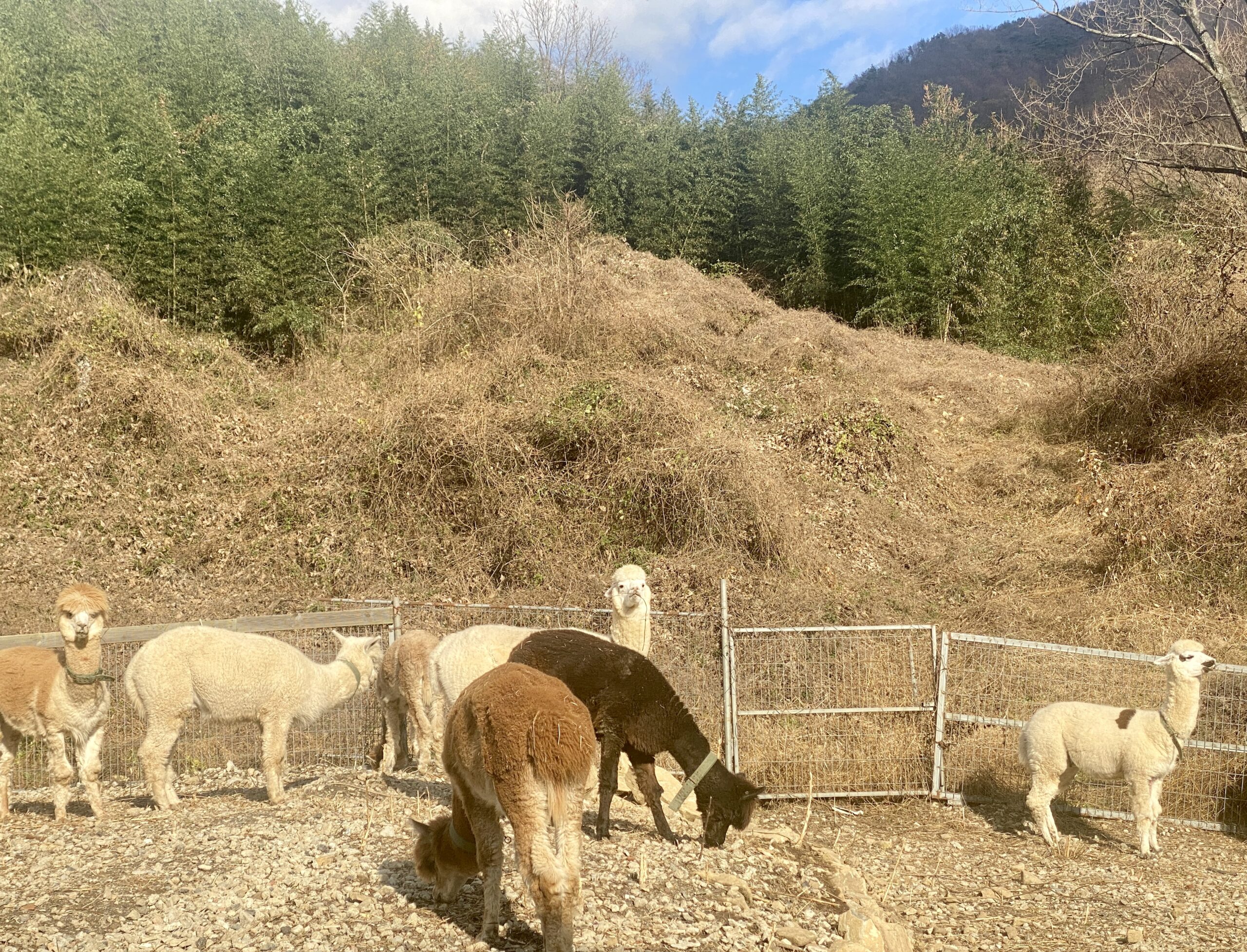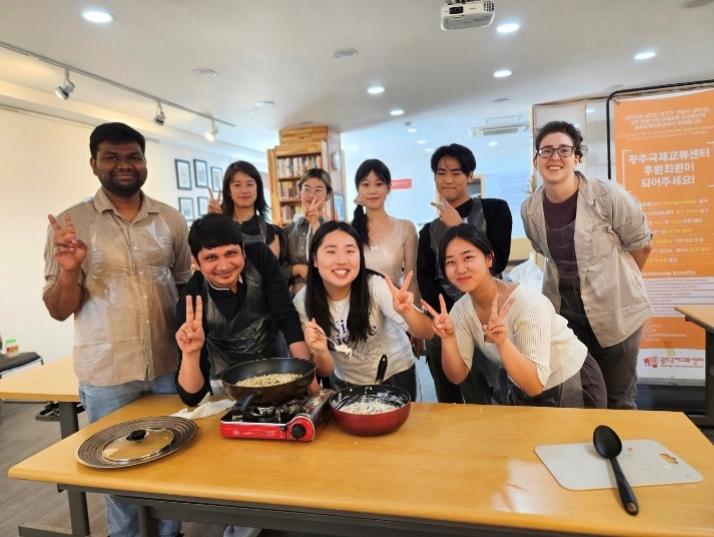Hangeul Day
On October 9th it was once again time to honor one of Korea’s most famous inventions, the Korean native alphabet Hangeul (한글). Hangeul Day is the annual recognition and celebration of the written Korean language, which consists of 24 characters – 14 consonants and 10 vowels.
Hangeul Day was originally decreed a holiday in 1945, giving government workers the day off. Due to the intense pressure for a longer work day, the legal status was changed from holiday to a ‘commemoration day’. However, the Hangeul Society has been fighting ever since to regain its former status as an official holiday.
Hangeul was created under King Sejong, the fourth king of the Joseon Dynasty, in the mid-fifteenth century. During the age of Hangeul’s creation, only a small segment of elite society had the resources to learn the classical Chinese language, which is called ‘Hanja’ in Korea. King Sejong is often esteemed as the greatest king in Korean history because of his everlasting contribution to Korean society. Under Sejong’s rule, Hangeul was created, finally making language accessible to the illiterate masses.
In fact, fast-forward many years later, and Korea is now one of the most literate countries in the world. Outside of Korea, Hangeul is recognized around the world. It is a great source of pride to Korean people. In 1944, Hangeul was described by the magazine Discovery as the most logical writing system in the world.
Hangeul has even spread outside the boundaries of Korea. In 2009, Hangeul was introduced in the town of Bau-Bau on the southeast coast of Indonesia. It was reported by Korean media that many children of a minority Indonesian tribe were being taught Hangeul to transcribe their native language “Cia-Cia.” This year, however, Cia-Cia has become a topic of hot debate. Some skeptics have claimed that the adoption of Hangeul has raised delicate issues, even though the tribe lacked a system to document their language in writing. Proud advocates of the program have continued to sing Hangeul’s praises and point to the contribution that this easy-to-learn, scientific writing system can make, not only to the Cia-Cia tribe, but to the world.
Hangeul Day is often marked by speeches, ceremonies and songs like ‘Arirang’, a Korean folk song which is known by many as the unofficial anthem of Korea. It is a chance to witness the pride that comes from a unique invention that has stood the test of time.




